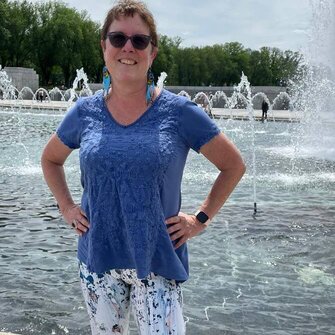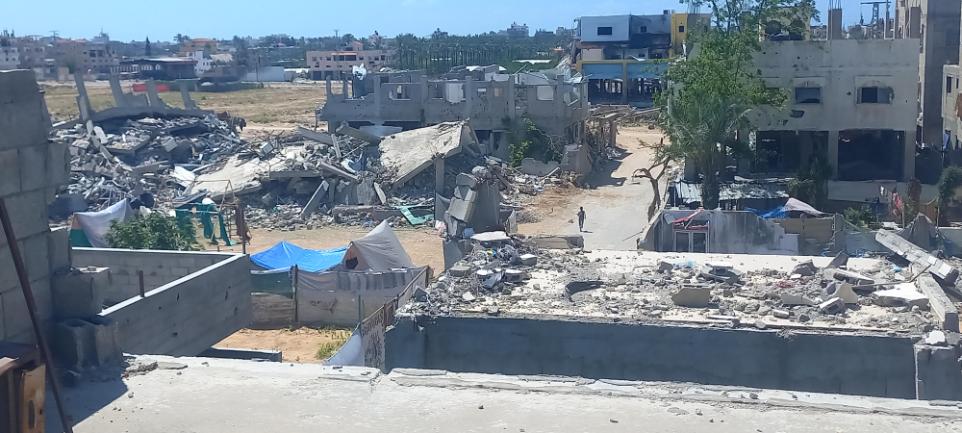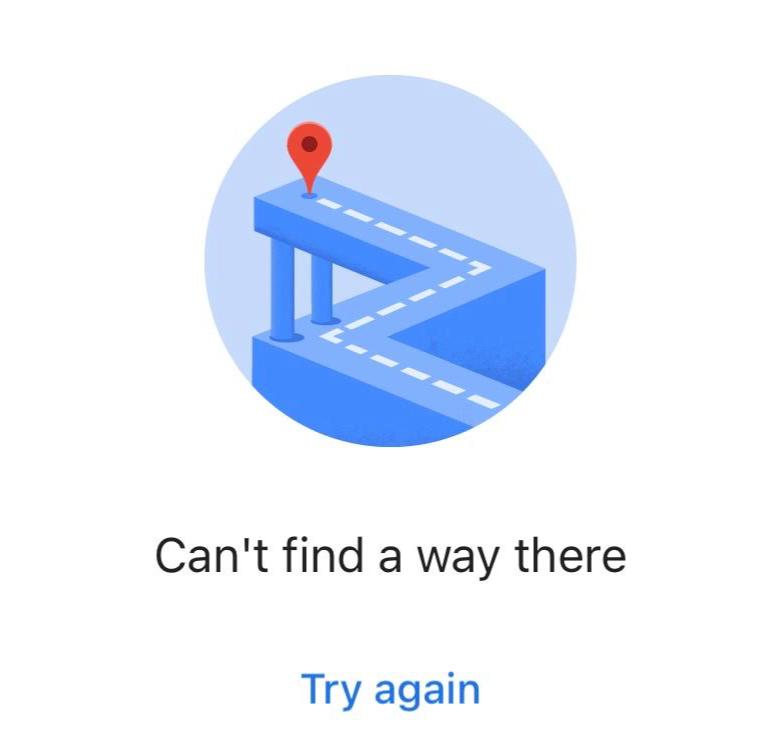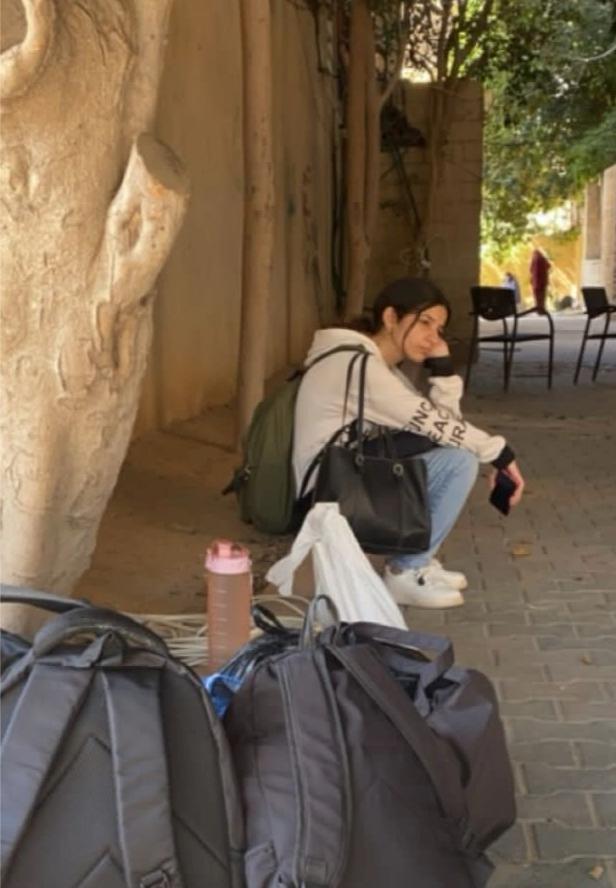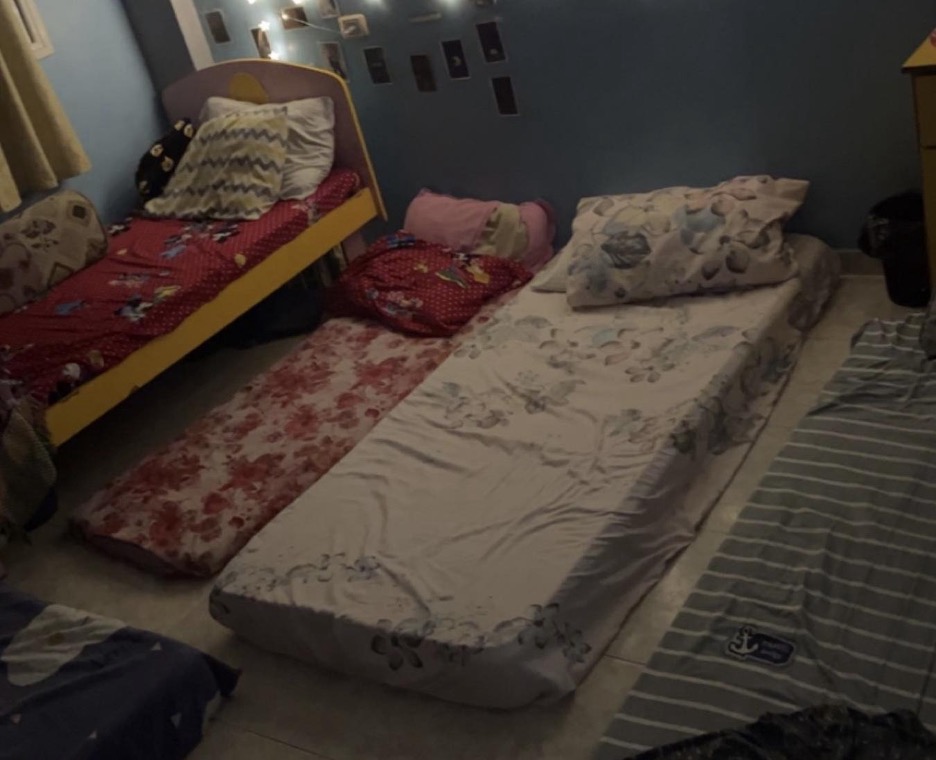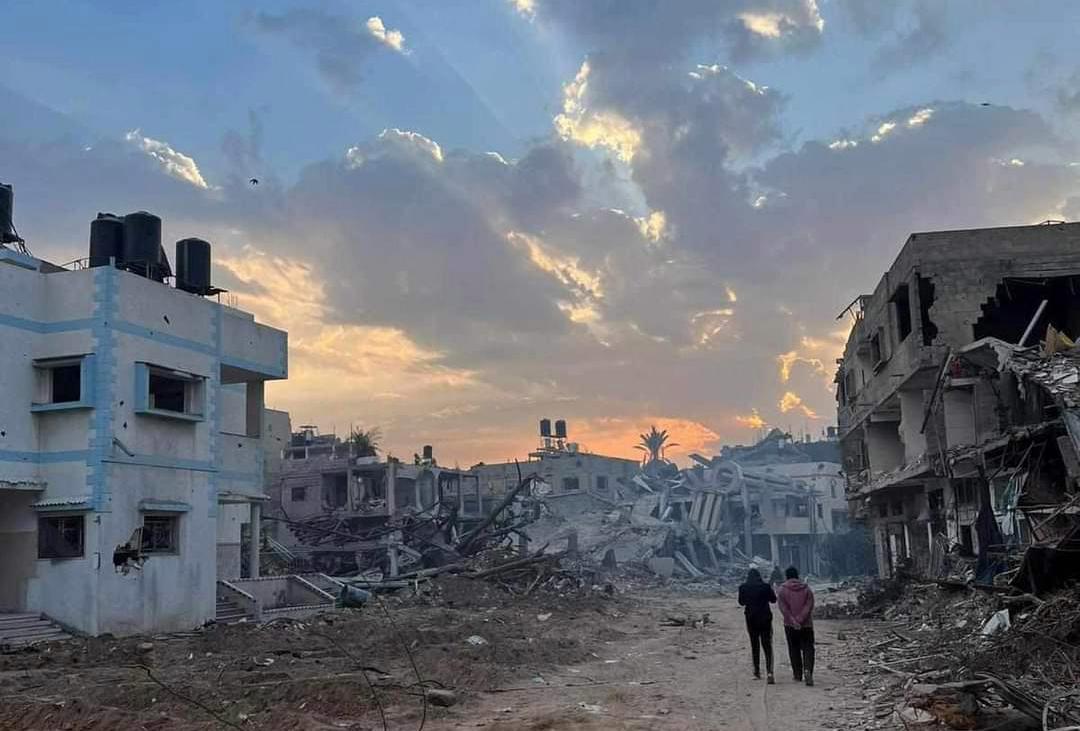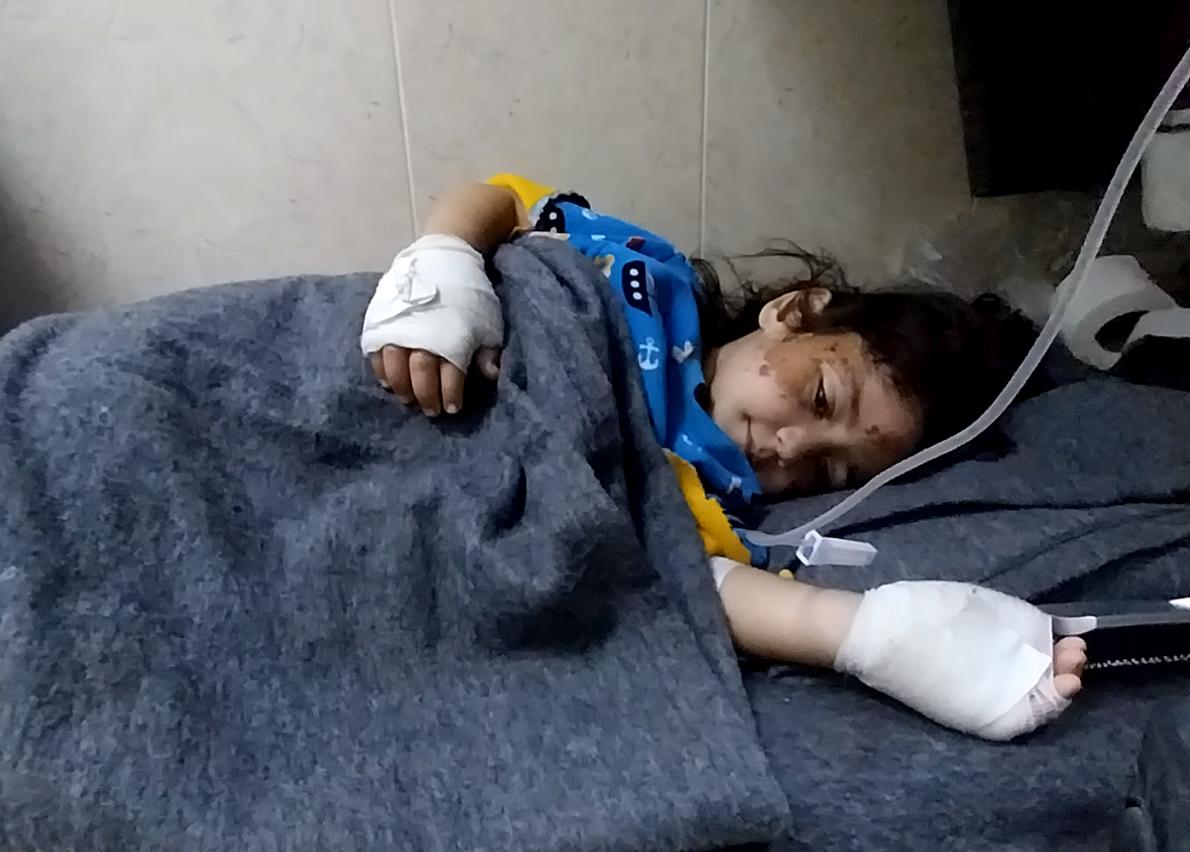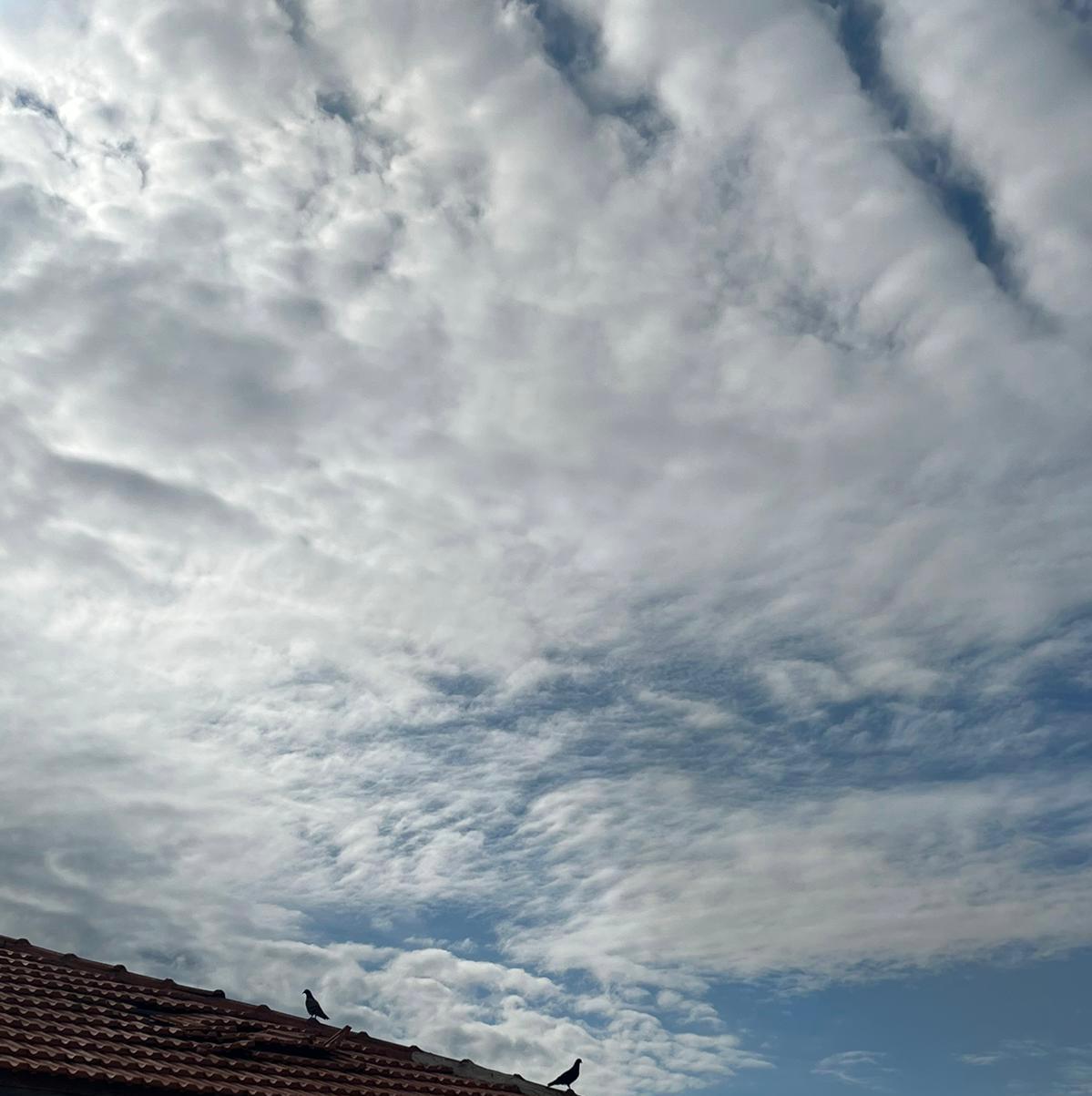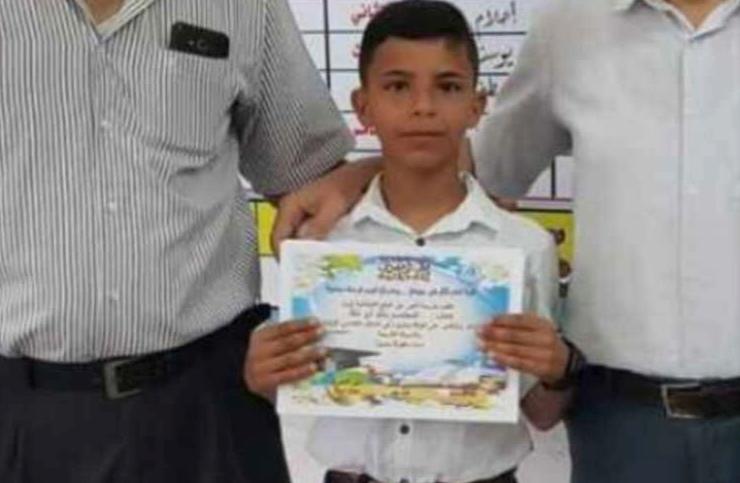
Nelson Mandela once said: “Education is the most powerful weapon you can use to change the world.” I totally agree with you, Mr. Mandela. But what if one doesn’t have the right to obtain that “weapon”? That is the situation for Palestinian refugees in Lebanon.
For us, the “refugee curse” follows us in every single step of our lives. I am one of those fortunate refugees who has been able to achieve my dream—to train and work as a teacher. However, I am an all-or-none person. It’s not enough for me to achieve this opportunity; it must be possible for all of our youth. I believe building an educated next generation gives a giant leap forward to our Palestinian cause.
Some context

First, some background: Most Palestinian refugees cannot access Lebanese public schools, and they also cannot afford private education. Thus, they must rely on the UN agency charged with their care, the chronically underfunded UNRWA. However, UNRWA does not offer preschool programming, despite the fact that it is compulsory for Lebanese children.
In addition, the school dropout rate is shockingly high among Palestinian children: An UNRWA/American University of Beirut survey found that in 2010, only half of young people of secondary school age (16-18 years) were enrolled in school. Likewise, two-thirds of Palestinians above the age of 15 had not passed the exam needed to qualify for secondary education. Dropout rates for Palestinians in Lebanon are higher at all levels of schooling than those of fellow refugees in Syria, Jordan and the Occupied Territories (and significantly greater than among Lebanese youth). Only 4 percent of Palestinian youth have earned university degrees.
This “educational hemorrhage,” as it has been described, is due to a number of factors: poverty, lack of access, little incentive (many professional jobs are off limits for Palestinians), substandard instruction and an exclusionary curriculum (the Lebanese government requires UNRWA schools to teach Palestinians using state textbooks, which has as their primary goal the reinforcement of the value of citizenship—which is denied to Palestinians). For more information, read the Euro-Mediterranean Human Rights Monitor report, “Life in Limbo.”
The stories of my students

Let me illustrate my point. Consider Hussein, from Burj Al Shamali camp. I met Hussein in an UNRWA school in 2013. I still remember that moment as if it was yesterday. I was supposed to take a photo of the fifth-grade students, but he refused to join us. He told me, “I am not a member of the class anymore. It's my last day in school." He had decided to give up on education and work as a mechanic to support his big family. I insisted on taking the photo with him and I succeeded, even though I failed to keep him in my class until the end of the year.
Abd Al-Ghani is another Palestinian student who fled from Syria to Burj Al Barajni camp. Abd Al Ghani also was in grade 5 when he left school to feed his mom, who was divorced. When asked about his reason, he answered, “I am now the man of my house; my mom needs me." I was moved beyond words when I heard his story.
Marah was 10 years old when she decided to leave school forever. Marah, too, is from Syria and has known conflict and war for much of her life before. She used to sell tissue paper in the streets of Beirut to support her poor family. Marah told me once, "I feel so embarrassed that my classmates know that I sell tissue paper after school." I still blame myself for not being able to prevent this from happening.
Hussein, Abd Al Ghani and Marah exemplify how miserably Palestinians have lost their dignity.
As a worker on the ground, I am doing my best to prevent dropouts among children. But harsh conditions make it difficult. School dropouts have become a major concern in the Palestinian refugee camps in Lebanon. It is my greatest pain to know that the coming generation is burdened with this liability. Education is our only hope after losing our homeland and identity.
After all, the children of today are the leaders of tomorrow. I will not issue a call for help; outside of our community, few, it seems, are concerned. So, I beg students to try as much as possible to remain in school. My message to them: “You are the hope of our future. I know how much you suffer and struggle simply because you are refugees, but remember that what doesn't kill you makes you stronger. Malala Yousafzai should be inspiration to all of you. She was shot in Pakistan by the Taliban for daring to seek an education. Nevertheless, she became the youngest person to win the Noble Peace Prize. Personally, I am inspired by her famous speech:
"Let us wage a glorious struggle against illiteracy, poverty and terrorism; let us pick up our books and our pens, for they are the most powerful weapons. One child, one teacher, one book and one pen can change the world. Education is the only solution. Education first. Thank you."



